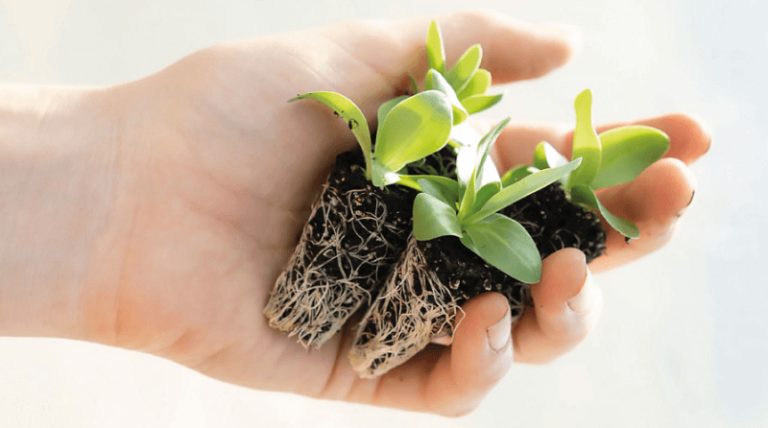It is not uncommon to meet a woman at the clinic who, because of personal, professional or other circumstances, consider becoming mothers at an age that has nothing to do with the age at which our grandmothers and greatgrandmothers had their first children.
These women have normal gynaecological check-ups, take care to stay young and healthy, and are independent and professionally successful women. In other words, “everything is fine”. It’s difficult and understandable that, in these circumstances, they don’t understand that it is not easy to become pregnant.
Added to all of this is the “normality” with which it is accepted that there are women who decide to become mothers when they believe that it’s the best time for them, without taking into account their age, and without being aware that the evolution of our eggs cannot be managed in the same way.
And why are the eggs no longer the same? Why do fewer become pregnant, even if everything is okay?
There is something very important that conditions, to a great extent, the viability of an oocyte becoming fertilised and developing into a healthy embryo that will result in a healthy newborn. We’re talking about genetics. The material that will contain all the information that our parents transmit to us and that is characteristic of each individual — our DNA or genome — is packed into structures we call chromosomes. This is what makes up what we call the karyotype, which, in the human species, consists of 46 chromosomes in pairs.
Each of the cells that makes up our body must have that specific number of chromosomes, i.e. 23 pairs, including those that determine sex. Likewise, the embryo must have this genetic information.
How are chromosomes in the embryo formed?
Each gamete — the egg and sperm — must transmit only one copy of each chromosome so that the embryo will end up with the 23 pairs of chromosomes, one from the mother and the other from the father.
In physiological terms, beginning at the age of 35 and as we approach the age of 40, the woman’s ovary begins to experience changes. As a result, many eggs may have an incorrect provision of the chromosomes that they would have to transmit. Consequently, many of these eggs will not be fertilised and, if they are, they will often lead to an anembryonic pregnancy or to pregnancies that could have alterations in the number of chromosomes, for instance, Down syndrome or trisomy 21.
Added to this are the changes experienced in this DNA. There may not be an alteration in the number of copies of the chromosomes, but rather in the way they are expressed. This is what we call epigenetics, a word of Greek origin that means “on top of the genome”.
The German scientist Thomas Jenuwein explains it this way:
“The difference between genetics and epigenetics can be compared with writing and reading a good book. When it has been written (all the genes that are stored in the DNA), it will be the same in all the copies that are distributed. However, every person who reads it can interpret the story differently. Similarly, epigenetics can allow different interpretations of the same genetic code, and can result in various readings, depending on all the conditions in which the mould is interpreted.”
In this sense, lifestyle habits and the environment are very important: a healthy diet, exercise, avoiding tobacco, alcohol, pollutants…; all of this will have an impact on the epigenome of the embryo and on the future newborn.
The diet is one of the most studied environmental factors that influence the epigenome. Humans metabolise the nutrients from the food and thus get molecules, such as the methyl groups. These methyl groups are one of the molecules that epigenetics uses to modulate DNA, producing the activation or suppression of certain genes.
We know that nutrition, the environment and aging affect the pattern of DNA methylation in our cells, including the eggs. It seems that these age-related changes in DNA methylation could contribute to the deterioration of egg quality, and thus affect the development of the embryos or the placenta.
The molecules secreted by the mother can affect the development and health of the future child, both physically and mentally. This is why we sometimes are surprised by the resemblance between mothers and children born from oocyte donations, where the role of epigenetics is increasingly seen.





